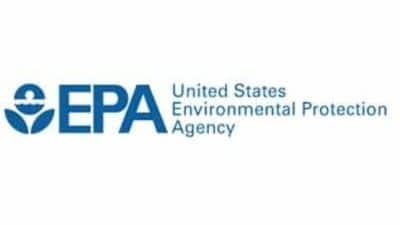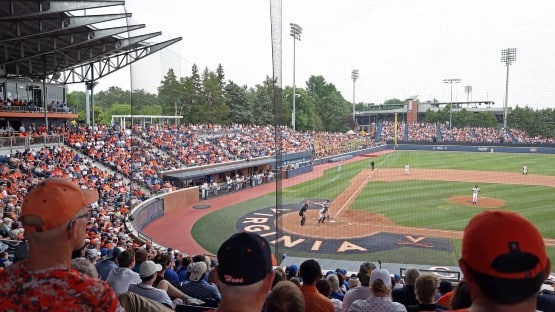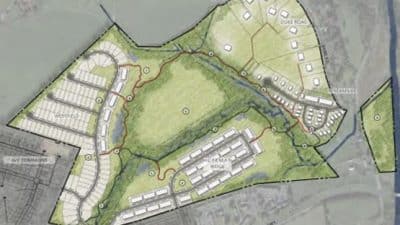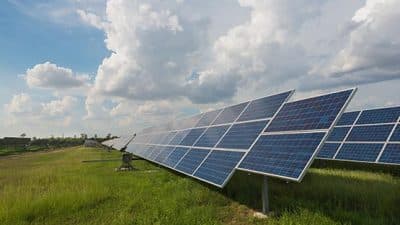
The GGRF is a competitive grant program to boost clean energy and climate projects in low-income and disadvantaged communities. NOFO will be released through the Inflation Reduction Act.
U.S. Sen. Mark R. Warner of Virginia and U.S. Rep. Maxine Waters of California sent a letter Tuesday to the EPA encouraging the inclusion of disadvantaged communities in the process.
“We write to urge the Environmental Protection Agency (EPA), in its review of applications for funding from the Greenhouse Gas Reduction Fund (GGRF), to give priority to applicants whose proposals fully utilize the diversity of financial institutions engaged in climate finance, including green banks, community development financial institutions (CDFIs) and minority depository institutions (MDIs), as well as center their investment approach on low income and disadvantaged (LID) communities,” the lawmakers wrote. “Specifically, CDFIs and MDIs leverage capital and have a proven track record of providing products and service to the most underserved communities. We urge EPA to heed the lessons learned from the Paycheck Protection Program regarding the importance of being intentional with program design when driving investments in low income and disadvantaged communities.”
The letter stresses the need to award this federal funding so that it goes toward projects and communities that lack access to affordable capital, and highlights the importance of ensuring that grant recipients have the structure, diversity and track record needed to meet the goals of the GGRF.
“[T]he entities receiving direct federal investment must also demonstrate experience navigating green financing projects and have shown the ability to manage these projects across a variety of communities in order to achieve [Greenhouse Gas] GHG emissions reductions and develop successful projects. It is critical that the EPA balance out these needs for both financial viability and project-level expertise in order to maximize the fund’s performance across all metrics,” they continued. “Additionally, since the Justice40 prioritization should be a floor, not a ceiling, the EPA should require applicants to provide a strategy for how they will drive awareness, demand, and adoption of clean technologies in LID communities. We urge you to learn about community-level solutions that the Fund can support, especially solutions from low-income and disadvantaged communities.”
In their letter, the lawmakers urged the EPA to make important adjustments and issue guidance in order to maximize the impact of the funding in vulnerable communities.
“The success of the program in LID communities depends heavily on the ability to develop an ecosystem that supports other actors, including clean energy and workforce developers. Although the EPA guidance makes available $625,000 for technical assistance for indirect recipients, in order to drive demand and create an ecosystem we recommend that the EPA require some of these funds be aggregated and administered at the national level by the eligible recipient. “The Implementation Framework released by EPA caps the amount per indirect recipient at $5,000,000, which may not be the most impactful way to reach LID communities. For example, some communities have a limited number of mission driven lenders (e.g. CDFI deserts), making the cap on indirect investments have an impact on the amount of climate financing in those communities. We urge you to adjust this limitation on indirect investments to account for more factors, including demand, size of the institution and impact.”
The letter is also signed by Sens. Raphael Warnock of Georgia, Tina Smith of Minnesota and Alex Padilla of California, and Reps. Nydia M. Velázquez and Gregory W. Meeks of New York, and Judy Chu of California.










